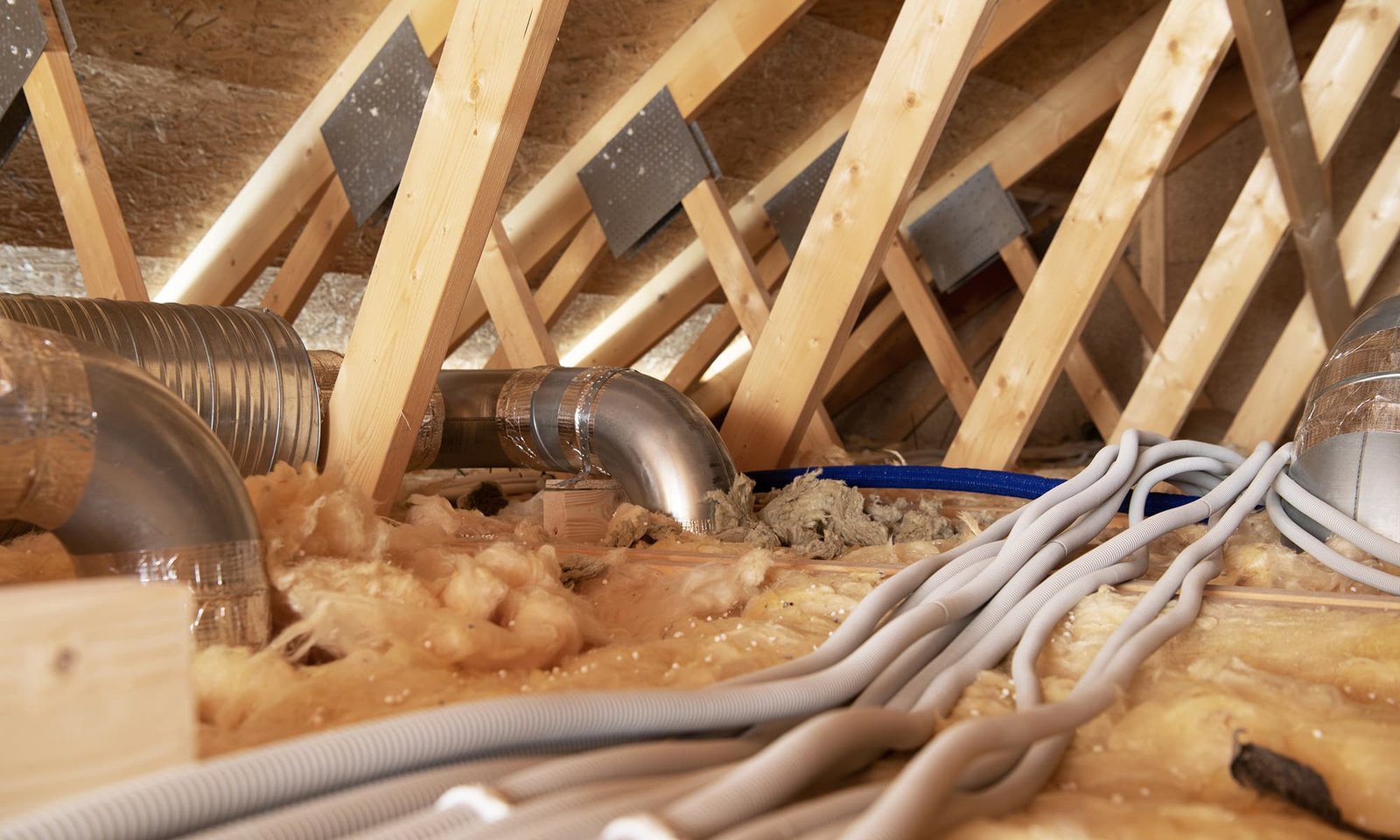Top 10 Must-Knows for Chelsea, Fulham & Hammersmith Homeowners Planning a Loft Conversion.


Have you been thinking about finally creating the master-suite of your dreams? Do you need an extra bedroom or a designated play area for your kids? Is your property located in Hammersmith, Fulham or Chelsea? A loft conversion might be the perfect way to transform your home without having to move. Many of the properties in Fulham, Hammersmith and Chelsea are great candidates for a loft conversion. But before you start bringing down walls or purchasing a new king-size bed, there are a few things you should consider.
1. Is Your Loft Suitable?
Not every loft is a conversion candidate. To ensure your loft conversion is possible, grab a ladder and head up to your attic to assess the following:
Head Height: Ideally, you’ll want at least 2.2 metres of headroom. There are minimum requirements set by building control. Check with your architect, designer or builder to make sure that these conditions are met.
Roof Structure: Traditional rafters are easier to convert than trusses.
Floor Strength: Will it need reinforcing to support the new space? If unsure, seek advise from professionals.
2. Planning Permission & Building Regulations
In most cases, a loft conversion in Chelsea, Fulham, or Hammersmith will fall under permitted development, meaning you won’t need planning permission. However, certain restrictions apply (e.g., no extension beyond the existing roof plane).
Regardless of planning, you’ll always need to comply with Building Regulations for things like fire safety, insulation, and structural integrity.
3. The Type of Loft Conversion
There are a few types of loft conversion. Each extension type has pros and cons in terms of cost, complexity, and the aesthetics they bring to your home. Make sure you choose one that serves the purpose you intend for the room and one that is sympathetic to your property.
Dormer: Extends out from the roof slope, adding significant headroom and space.
Mansard: Alters the roof slope to almost vertical, creating a spacious room.
Hip-to-Gable: Replaces a sloping hip roof with a vertical gable end.
Velux: Most basic, using roof windows for light and ventilation.
4. Budget Wisely
Loft conversions are a significant investment. Costs will vary depending on the size and complexity of the conversion, the materials used, and whether you need to reinforce the existing structure. It’s wise to get several quotes from reputable local loft conversion specialists in Chelsea, Fulham, and Hammersmith.
5. Access
Don’t overlook the importance of the staircase. It’s not just about access – it will also impact the layout of your existing home and the new loft space you are creating. Consider space-saving options like spiral staircases or designs that incorporate storage to make sure you make the most of your home.
6. Natural Light & Ventilation
Nobody wants a dark room. Roof windows, skylights, or even dormer windows with Juliet balconies will provide your new space with natural light. Good ventilation is also essential, so consider adding windows that open or installing a mechanical ventilation system.
7. Insulation & Heating
A well-insulated loft is crucial for comfort and energy efficiency. Proper insulation will keep your new space warm in winter and cool in summer. You’ll also need to decide how to heat the loft – will you extend your existing heating system or install a new one?
8. Storage Solutions
Loft conversions often eat into existing storage space. Plan ahead by incorporating storage solutions like built-in wardrobes, under-eaves storage, or bespoke furniture that will help you maximise the space you have available.
9. Noise Considerations
Loft conversions can sometimes amplify noise from below. Think about soundproofing measures like acoustic insulation or flooring that absorbs sound.
10. Timeframe & Disruption
Be prepared for some level of disruption during the conversion process. Depending on the complexity of the project, it could take several weeks or even months. Make sure you have the right provisions in place so that construction impacts your daily routine as little as possible. This could mean temporary accommodation, or using other areas of your home as storage. Have a chat with your contractor to get an idea of the time-frame for the project and how these provisions might affect your budget.
Ready to Transform Your Loft?
A loft conversion is a fantastic way to add value and space to your Chelsea, Fulham, or Hammersmith home. Always use a reputable contractor like Dominant Construction, when embarking on a renovation project. If you are thinking of a loft conversion, why not get in touch? We are always happy to have a chat about your project.